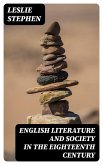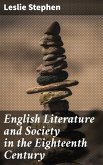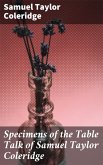In "English Literature and Society in the Eighteenth Century," Leslie Stephen provides a profound exploration of the intricate relationship between literature and the evolving social dynamics of the 1700s. The book employs a critical lens informed by a blend of literary analysis and historical context, revealing how the period's sociopolitical upheaval and Enlightenment ideals influenced literary form and content. Stephen's incisive prose and scholarly rigor position this work within the rich tradition of English literary criticism, offering insights into key authors and movements while situating them within the broader tapestry of societal change. Leslie Stephen, a prominent figure in Victorian literary circles and a noted biographer, was deeply influenced by his own experiences and observations of literature's role in society. His background in philosophy and his keen interest in the moral and intellectual climate of his time inspired him to bridge the gap between literary analysis and social history. Stephen's perspective is shaped by his belief that literature cannot be fully appreciated without understanding the society from which it emerges, making his observations especially relevant for contemporary readers. This book is essential for scholars, students, and anyone intrigued by the intersections of literature and society. Stephen's meticulous examination invites readers to reconsider familiar texts and authors through the lens of their societal context, rendering a richer understanding of both the literature itself and its transformative impact on the eighteenth-century world.
Dieser Download kann aus rechtlichen Gründen nur mit Rechnungsadresse in A, B, BG, CY, CZ, D, DK, EW, E, FIN, F, GR, H, IRL, I, LT, L, LR, M, NL, PL, P, R, S, SLO, SK ausgeliefert werden.









